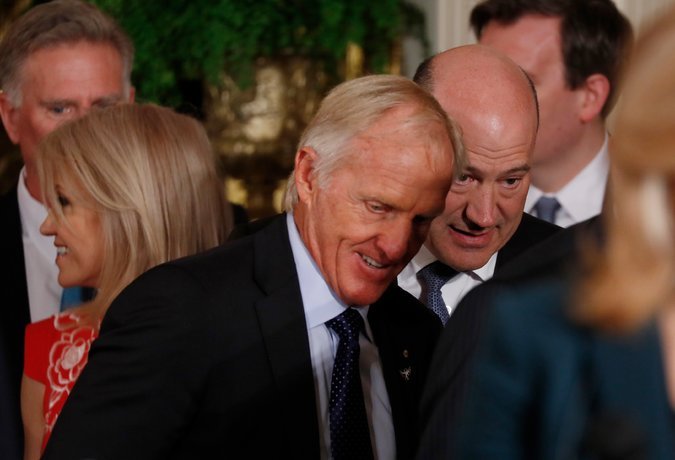“If you now start making concessions on other things, you give in to blackmail,” said Guntram Wolff, the director of Bruegel, a research organization in Brussels. “I would reject that.”

In their rush to shield domestic steel and aluminum producers, countries also risked creating an every-nation-for-itself atmosphere that would undermine the system for resolving global trade disputes that has been assembled over decades.
European Union countries, for example, were compiling a list of products with a strong correlation to Republican congressional districts, including Harley-Davidson motorcycles, bourbon, rice, kidney beans, sweet corn, tobacco and peanut butter. But Europe is likely to face a tough decision about whether to wait for World Trade Organization approval, a lengthy process, or simply to impose the retaliatory sanctions.
Cecilia Malmstrom, the European commissioner for trade, said during a news conference in Brussels on Thursday that any fightback against the United States would be “by the book.”
Newsletter Sign Up
Continue reading the main story
Thank you for subscribing.
An error has occurred. Please try again later.
You are already subscribed to this email.
Australia has already set a precedent with an energetic lobbying effort that seems to be paying off. Mr. Trump, who excluded Canada and Mexico from the tariffs, singled out Australia on Thursday as another country that could be exempt.
“We’re calling in all contacts at every level,” Julie Bishop, Australia’s foreign minister, told the Australian Broadcasting Corporation. “This is a very important matter for Australia. We will continue to push our case, we’ll continue to advocate on behalf of Australia for as long as it takes.”
Ms. Bishop said she had been in contact with Secretary of State Rex W. Tillerson while he had been traveling in Africa. She also said she had spoken with close business contacts of Mr. Trump. And she made her case to Nikki Haley, the United States ambassador to the United Nations, while in New York this week.
Australia also deployed Mr. Norman, the golfer known as the Great White Shark, who has been effusive in his praise of his friend Mr. Trump.
Mr. Norman and five other prominent Australian business leaders signed a letter beseeching Mr. Trump not to take “any action that might have demonstrable negative impact on the mutually beneficial American-Australian bilateral relationship.”
Continue reading the main story
Article source: https://www.nytimes.com/2018/03/09/business/trump-tariffs-exemptions.html?partner=rss&emc=rss
Speak Your Mind
You must be logged in to post a comment.